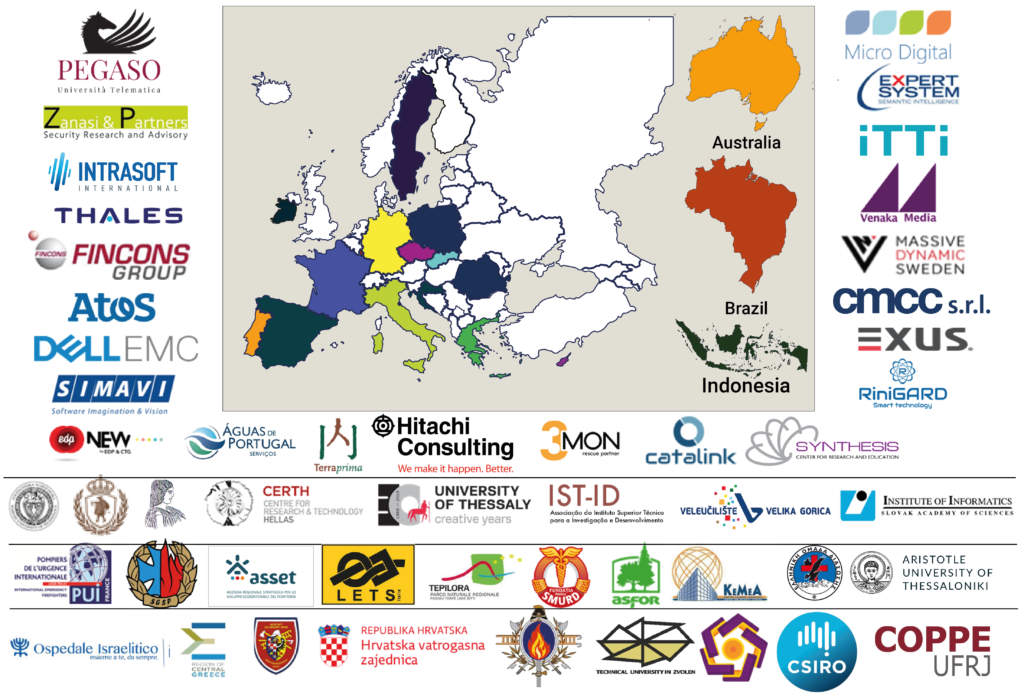SILVANUS proposal has been funded by the EC!
Zanasi & Partners is thrilled to announce the victory of SILVANUS proposal (Integrated Technological and Information Platform for Wildfire Management) consolidating once again the presence of Z&P in Horizon 2020 projects. The project will be techno-scientifically coordinated by Zanasi & Partners (Z&P) and administratively coordinated by Università Telematica Pegaso (PEG). Among the 11 on-site demonstration activities also a pilot organized in Amazonian forest by Federal University of Rio de Janeiro (UFRJ, Z&P partner).
Nowadays it is clear that the current wildfire management has to be improved, as shown by the increase in number and intensity of recent wildfire events, like the Black Summer in Australia (2020) and the 2020 California bushfire events, which dealt incredible damage both at economic and environmental levels. The SILVANUS project aims to enhance the current wildfire management by developing an AI-based platform for an environmentally-sustainable and climate-resilient forest management in consultation with relevant stakeholders. The platform will have its efficiency demonstrated across 8 EU and 3 non-EU sites (namely Brazil, Indonesia and Australia) and will be based on technical innovations (e.g. AI techniques to coordinate swarms of UAVs and UGVs) that will be adopted in other market segments identified during the project.
Project SILVANUS will be developed with a high stakeholder engagement (e.g. fire brigades, environmental, ecological, healthcare providers) adopting a cyclic approach in order to take into account their feedback and thus adapting the project evolution with regards to their needs and suggestions. The project also envisages a high citizen engagement by developing a scientific programme in order to increase their sensibility to wildfire events, to protect those living close to forests and to decrease human-caused wildfire events.
The SILVANUS platform will be helpful in combatting wildfire in three different phases, as described below:
- Phase A: Prevention and Preparedness activities. These activities aim to continuously evaluate fire danger indexes, to train and prepare firefighters to events with the use of augmented reality and virtual reality tools, to increase the citizen awareness to wildfire and to create new strategies for fire prevention;
- Phase B: Detection and Response activities. This phase will develop an AI-based mechanism to quickly detect forest fire considering various factors (e.g., weather, wind, etc) in order to optimise the wildfire containment by first responders;
- Phase C: Restoration and Adaptation. The last phase will be built on recent innovations in simulation models, aiming to develop a Decision Support System (DSS) that will find the optimal approach to restore an area affected by a wildfire to its pre-fire condition, considering both flora and fauna.
Project SILVANUS will last for 42 months and will be carried out by 50 partners from across 15 EU and 3 non-EU countries (Indonesia, Australia, Brazil), as shown below.




